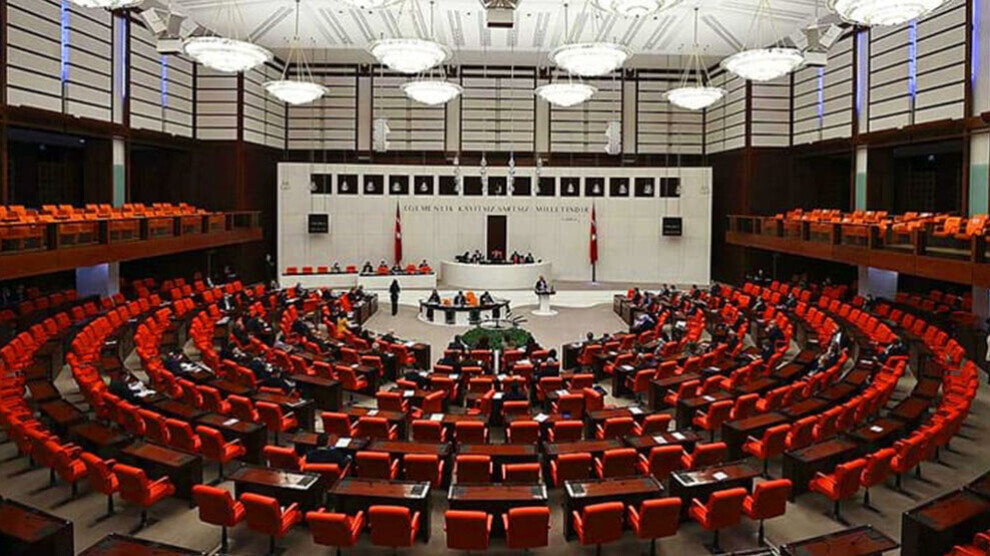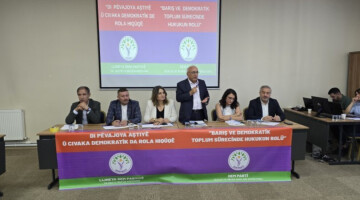After Turkey withdrew from the Istanbul Convention on the Protection of Women against Violence by presidential decree on July 1, the next blow to the rights of women and children follows with the ratification of the 4th legislative package. According to paragraph 13 of the new law, it will now no longer be sufficient to detain the alleged perpetrator in investigations of sexual violence if there is only a "strong suspicion" against him or her. Instead, "concrete evidence" will be made a prerequisite for the imposition of pre-trial detention.
This point of the legislative package in particular has led to fierce criticism. HDP deputy Dilşat Canbaz Kaya warned: "The so-called Elmali case of two children affected by sexual violence and the case of the abuse of a two-year-old baby in Uşak show once again the extent of child abuse in Turkey and how incendiary it is. As the examples of Pozantı and Ensar Foundation show, child abuse occurs in public institutions and in some government-supported associations and foundations. Moreover, most of the violence is sexual assault against more than one child, but the vast majority of perpetrators go unpunished."
CHP and HDP voted against the bill.
Law amounts to protection of perpetrators
This law protects the perpetrators from imprisonment. Especially in cases of sexual abuse of children, it is often very difficult to provide "concrete evidence" beyond statements and hints. Experts fear that the inhibition threshold for committing such acts will continue to fall as a result of the law. Since the perpetrators usually come from the immediate family or institutional environment of the survivors of the acts of violence, this law also gives them the opportunity to further build up pressure and conceal their acts.
Sexual violence is systematically legitimized by the regime
Abuse rates have multiplied under the AKP rule. The cause of this is seen, among other things, in legitimizing discourses from the side of the authorities. Just last week, the government reintroduced a law into the discussion, according to which if minors affected by sexual violence marry the perpetrators, they would remain unpunished. This law, known as the "abuse amnesty," is very close to the government's heart, so it had already tried to push it through in 2016 and 2020.














